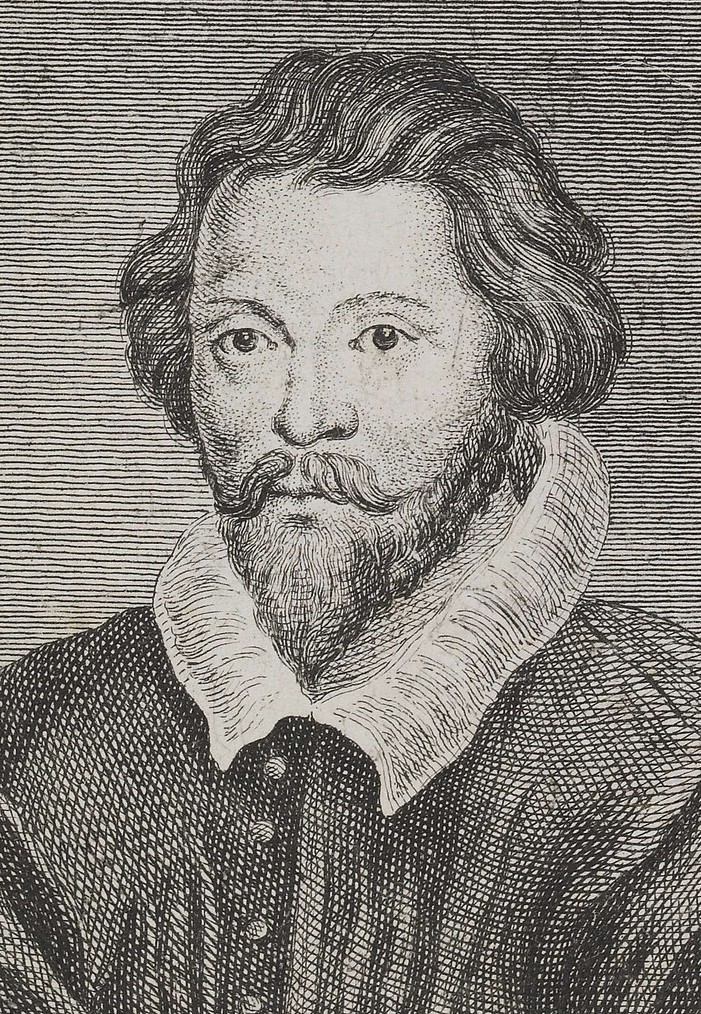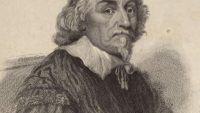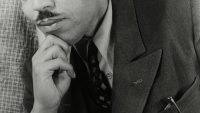William Byrd was an English composer of the Renaissance period, known for his significant contributions to vocal and instrumental music. Born in London in 1543, Byrd demonstrated musical talent from a young age and received early training as a chorister at St. Paul’s Cathedral. He later studied composition with Thomas Tallis, another prominent English composer of the time.
Byrd’s musical output encompassed a wide range of genres, including sacred choral music, secular vocal music, and keyboard compositions. He is particularly renowned for his sacred choral works, including masses, motets, and hymns, many of which reflect his Catholic faith and were composed during a period of religious turmoil in England.
In addition to his compositions, Byrd was also a respected organist and keyboard player, known for his virtuosic skill and innovative approach to keyboard technique. His keyboard music, which includes pieces for harpsichord, organ, and virginal, showcases his mastery of counterpoint and harmonic richness, earning him a place among the most esteemed composers of his time.

Let’s take a look at these 10 interesting facts about William Byrd to know more about him.
- Royal Appointment : William Byrd held several prestigious positions throughout his career, including the appointment as organist and choirmaster at Lincoln Cathedral in 1563, and later as a Gentleman of the Chapel Royal in 1572, under Queen Elizabeth I.
- Catholic Faith : Despite living during a time of religious upheaval in England, Byrd remained a devout Roman Catholic throughout his life. He faced persecution for his religious beliefs, as Catholicism was marginalized in Protestant England.
- Publication of Gradualia : Byrd’s “Gradualia,” published in two volumes in 1605 and 1607, consists of settings of the Propers for the Catholic liturgical year. These compositions were significant as they provided music for the Catholic Church’s worship during a period of religious tension.
- Secular Music : Alongside his sacred compositions, Byrd also composed a considerable amount of secular music, including madrigals, consort songs, and instrumental pieces. His secular works demonstrate his versatility and mastery of various musical styles.
- Elizabethan Madrigal : Byrd was instrumental in popularizing the madrigal form in England during the Elizabethan era. His madrigals are characterized by their expressive melodies, vivid word painting, and intricate polyphony.
- Royal Patronage : Byrd enjoyed the patronage of several prominent figures, including Sir Christopher Hatton and Sir Henry Lee. Their support allowed him the financial stability to focus on composition and musical pursuits.
- Choral Anthems : Byrd’s choral anthems are considered masterpieces of the English Renaissance. They range from grand polyphonic settings to more intimate compositions, showcasing his skill in composing for voices.
- Keyboard Music : Byrd’s keyboard music, particularly his compositions for harpsichord and virginal, played a significant role in the development of keyboard repertoire during the Renaissance period. His works for keyboard are admired for their technical complexity and expressive depth.
- Catholic Recusancy : Due to his steadfast adherence to Catholicism, Byrd and his family faced legal and social challenges, including fines and restrictions on travel. Despite these difficulties, Byrd remained steadfast in his faith and continued to compose music for Catholic worship.
- Legacy : William Byrd’s legacy as one of the greatest composers of the Renaissance period endures to this day. His compositions are celebrated for their beauty, complexity, and profound emotional depth, and they continue to be performed and studied by musicians and scholars worldwide.
William Byrd’s legacy as a composer of the Renaissance period is one of profound significance and enduring influence. His mastery of polyphony, innovative harmonic language, and richly expressive compositions place him among the most celebrated musicians of his time. Byrd’s vast musical output, spanning sacred and secular genres, reflects his versatility and creativity, while his profound devotion to his Catholic faith imbues his works with spiritual depth and emotional resonance. As we continue to appreciate and study his compositions, we honor William Byrd’s remarkable contributions to the musical heritage of humanity, ensuring that his legacy remains cherished and revered for generations to come.



